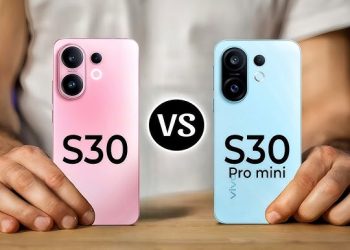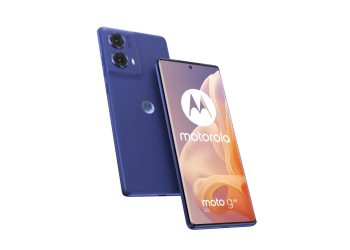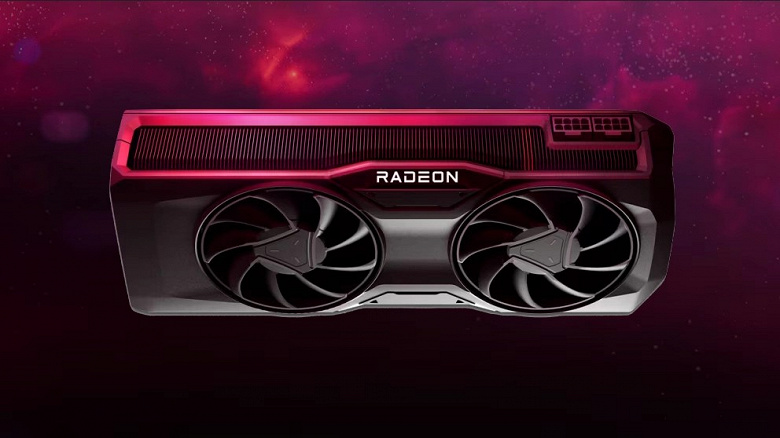VARTA becomes the main supplier of batteries for Samsung gadgets
Dismantling the latest wireless in-ear headphones the Samsung Galaxy Buds Live revealed that the source of power for them is a lithium battery in a standard form factor CP1254 «pill”. However, a variety of suppliers for this item should not be expected. It turned out that the German company VARTA will become the main supplier of “coin” batteries for Samsung wearable electronics for a long time. It’s all about VARTA patents and competition.










